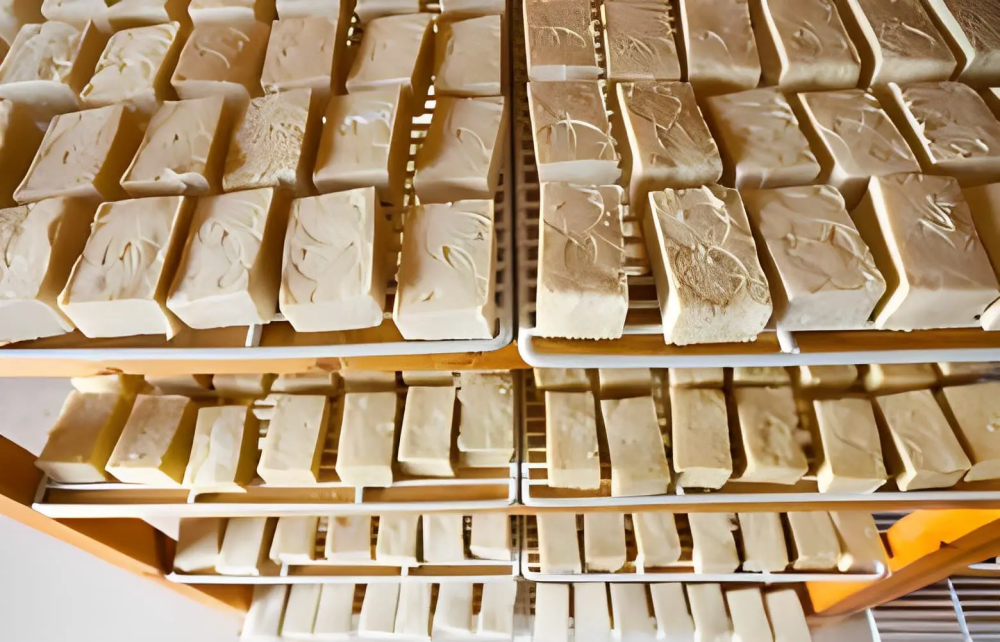

The Ajloun Soap House is a notable establishment nestled in the heart of Jordan's Ajloun Governorate, a region known for its rich history and natural beauty. Established by the Royal Society for the Conservation of Nature (RSCN) as part of their socio-economic projects, the Soap House was initiated to empower local women and promote sustainable tourism practices in the area.
Originally, the Soap House was set up in a historic house that reflects the region's traditional architecture, giving visitors not just a product, but an immersive cultural experience. The initiative leverages the abundant local natural resources, like olive oil, to craft high-quality organic soaps—an art that pays homage to Middle Eastern traditions in soap making.
Tourism in Ajloun has deep historical roots, thanks to its significant landmarks such as the famous Ajloun Castle or Qal'at ar-Rabad, which date back to the 12th century and were built by Izz al-Din Usama, a commander and nephew of Saladin. The castle attracts thousands of history enthusiasts annually to Ajloun, which has spurred the growth of local crafts and industries like the Soap House.
The area's natural reserves, such as the lush Ajloun Forest Reserve, have also been pivotal in the development of eco-tourism. The development of sustainable tourism practices, including organic farming and handicrafts, is central to the appeal of Ajloun to both local and international travelers.
In recent years, there has been a shift towards emphasizing sustainable and responsible tourism in Ajloun. Visitors are increasingly interested in experiences that are environmentally friendly and socially responsible. This aligns with the ethos of the Soap House, which offers a model for conservation and community engagement.
Current trends see tourists seeking out authentic experiences, such as participating in soap-making workshops at the Ajloun Soap House, hiking in the Ajloun Forest Reserve, or staying in eco-lodges and guesthouses that support the livelihoods of local residents.
Digital influencers and social media are also impacting the way people travel to Ajloun. Visitors often share their experiences online, driving interest in the region's unique offerings. Ajloun, with its mix of history, culture, and sustainability, is well-positioned to attract a new wave of socially conscious travelers.
For those planning to visit the Ajloun Soap House, it is more than just a shopping stop; it is an opportunity to engage with local culture and support sustainable development. The Soap House not only allows visitors to buy locally made products but also educates them on the benefits of using natural and organic cosmetics.
Travelers are encouraged to book their visit ahead of time, ensuring they can fully enjoy the soap-making demonstrations, learn about the ingredients used, and perhaps create their own blend of soap to take home as a unique and meaningful souvenir from Ajloun.